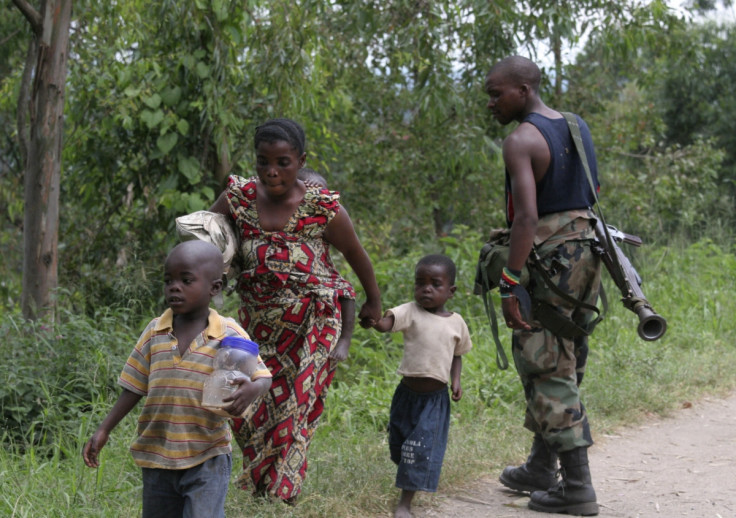Battle for control of the DRC: Who are National Congress for the Defence of the People (CNDP)?
CNDP is a political armed militia established by Laurent Nkunda in the Kivu region.
The CNDP (Congrès national pour la défense du peuple), a political armed militia established by Laurent Nkunda in the Kivu region in December 2006, threatened to invade Goma, capital of North Kivu in 2008.
According to Human Rights Watch, the Congolese Tutsi-led rebel group's two original brigades (the 81st and the 83rd) numbered about 2,200 men. By May 2007 some 8,000 to 8,500 men considered themselves under Nkunda command.
Nkunda, who claimed to be the only man who can protect his Tutsi community in eastern DRC from Hutu forces, ended up assimilating men from all backgrounds - including former Rwandan soldiers, demobilised members of former militias and those captivated by his populist Tutsi rhetoric. During this time, the CNDP took to fighting the Hutu FDLR.
In 2009, Rwanda put Nkunda under house arrest when he attended a meeting to plan a joint operation between the Congolese and Rwandan armies.
CNDP leader: 'Terminator' Bosco Ntaganda
Bosco Ntaganda, a Rwanda-born Tutsi commander in the CNDP, former Rwandan Patriotic Front (RPF), and Union of Congolese Patriots (Union des Patriotes Congolais, UPC), took over Nkunda's leadership and and agreed to drive the group towards peace.
In March 2009, the CNDP became a political party and 3,000 - 4,000 of its fighters joined the Congolese army. Observers claim the CNDP retained its chains of command within the army. Some 1,000 to 2,000 are resisting integration, and the group is involved in a range of activities in North Kivu, from artisanal mining to charcoal trafficking and extortion.
Ntaganda, who is indicted by the ICC, turned himself in 2013 at the US embassy in the Rwandan capital, Kigali, after evading capture for seven years after the ICC first issued warrants for his arrest.
Referred to as the "Terminator", Ntaganda faces 13 counts of war crimes and five of crimes against humanity that include murder and attempted murder, attacks against civilians, rape and sexual slavery, the recruitment and use of child soldiers, pillaging and persecution in the Ituri district. The alleged crimes all took place between 2002 and 2003.
Battle for control of the DRC
Check out our Flipboard magazine - Who's who in the battle for DRC by IBTimes UK
In this series on the Democratic Republic of the Congo, IBTimes UK takes a closer look at the eastern regions of South and North Kivu where civilians are still at the mercy of armed groups and the Congolese armed forces, who have all been accused of committing serious war crimes.

© Copyright IBTimes 2025. All rights reserved.






















